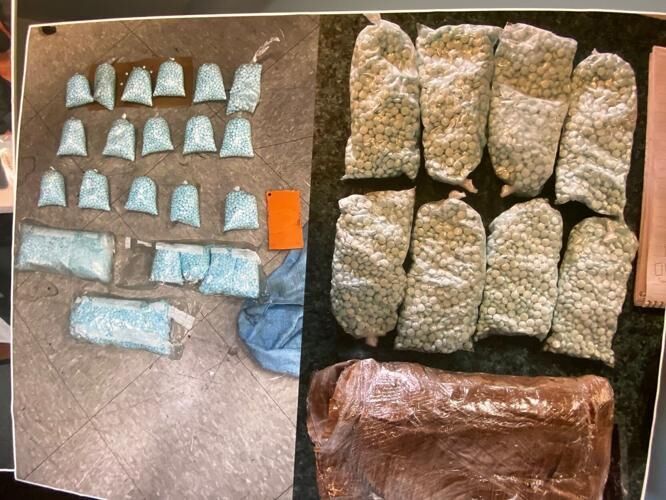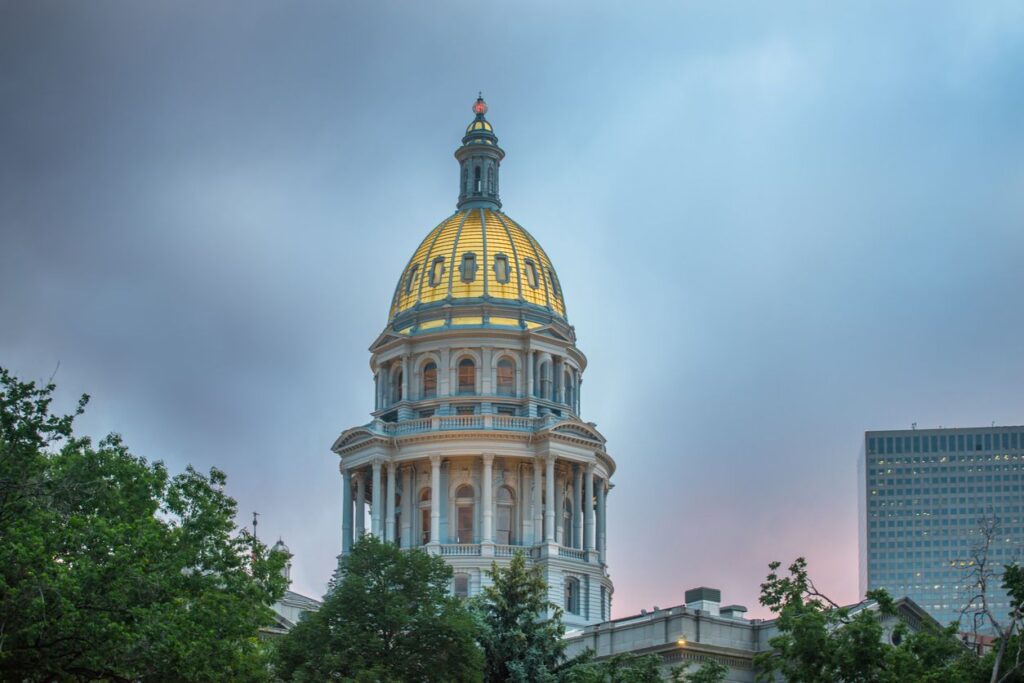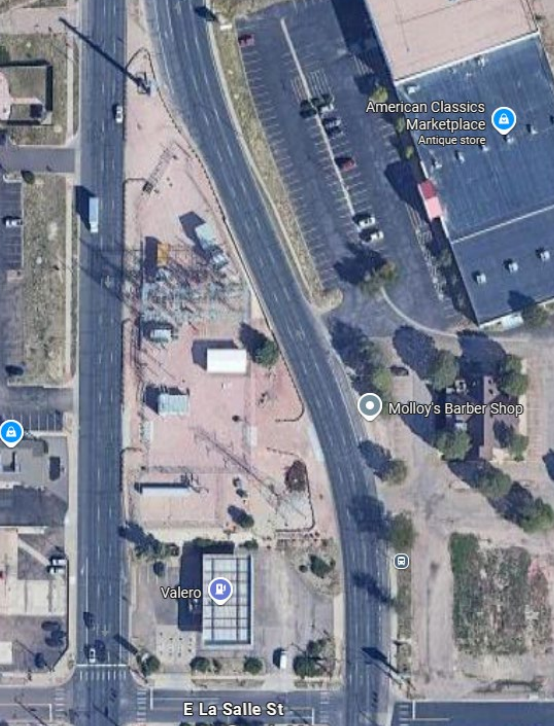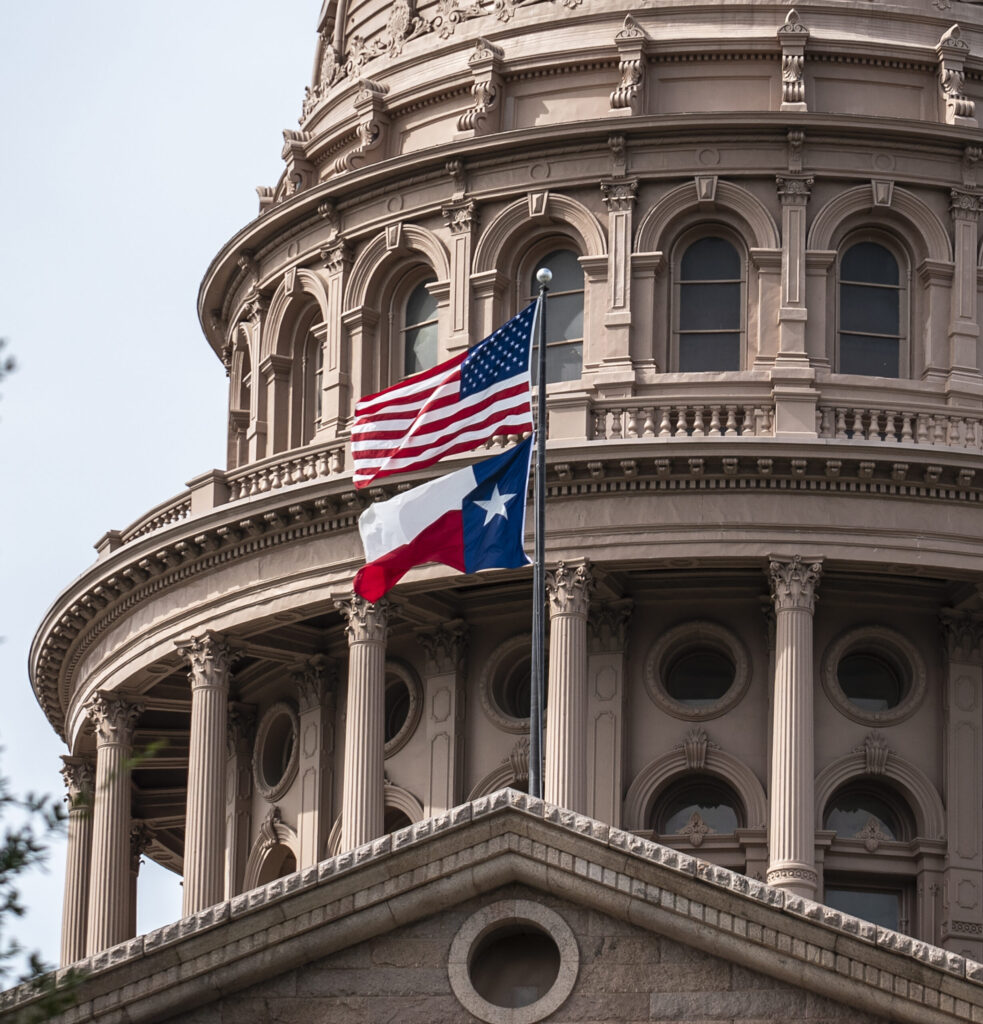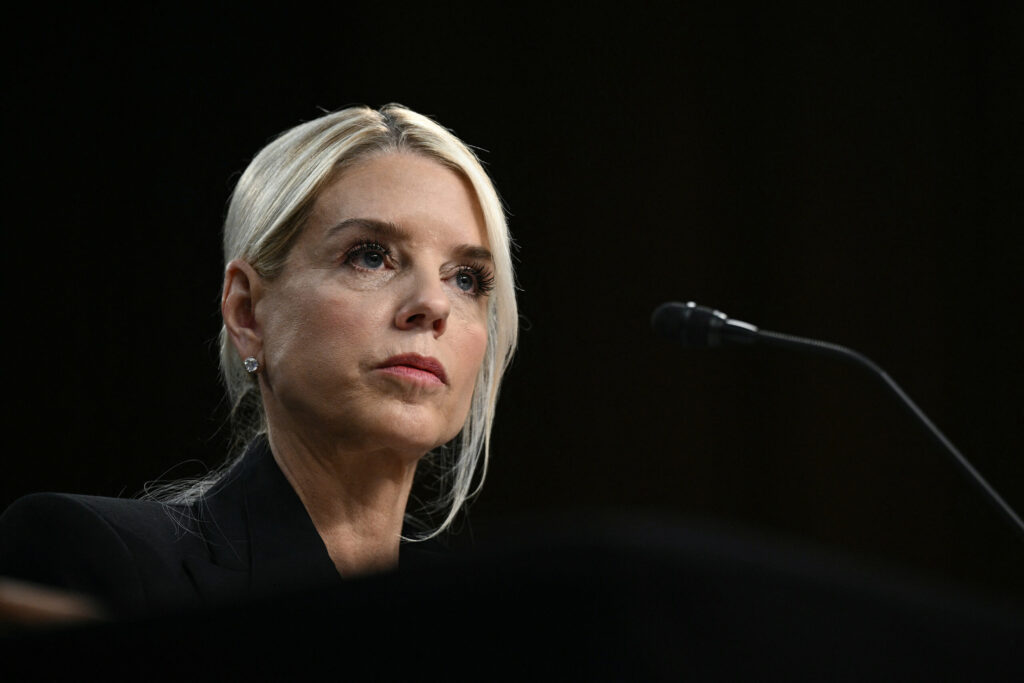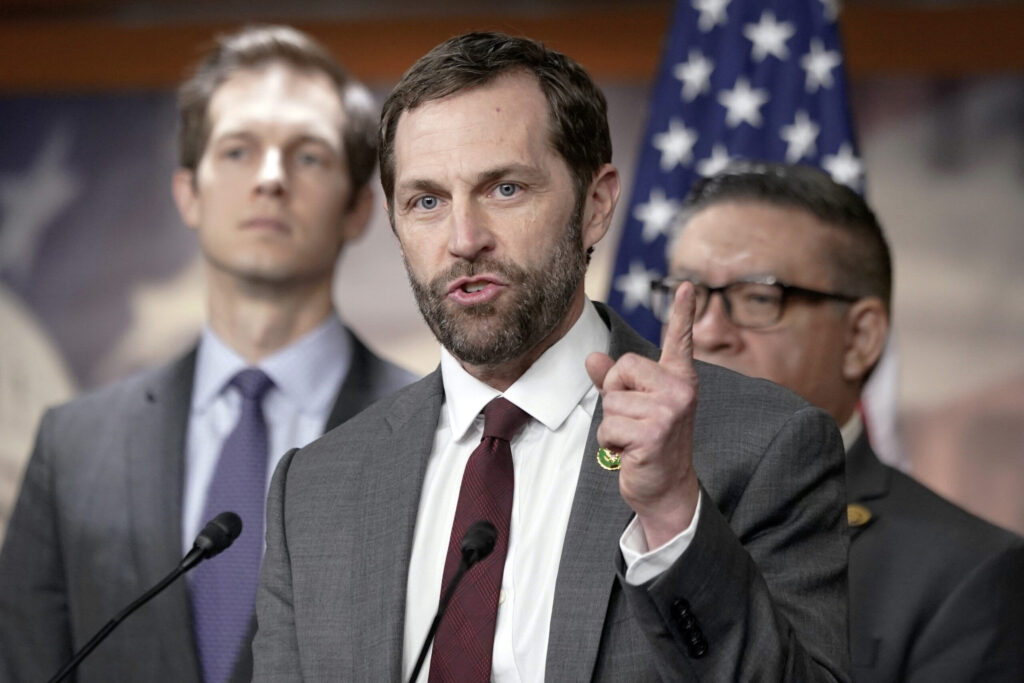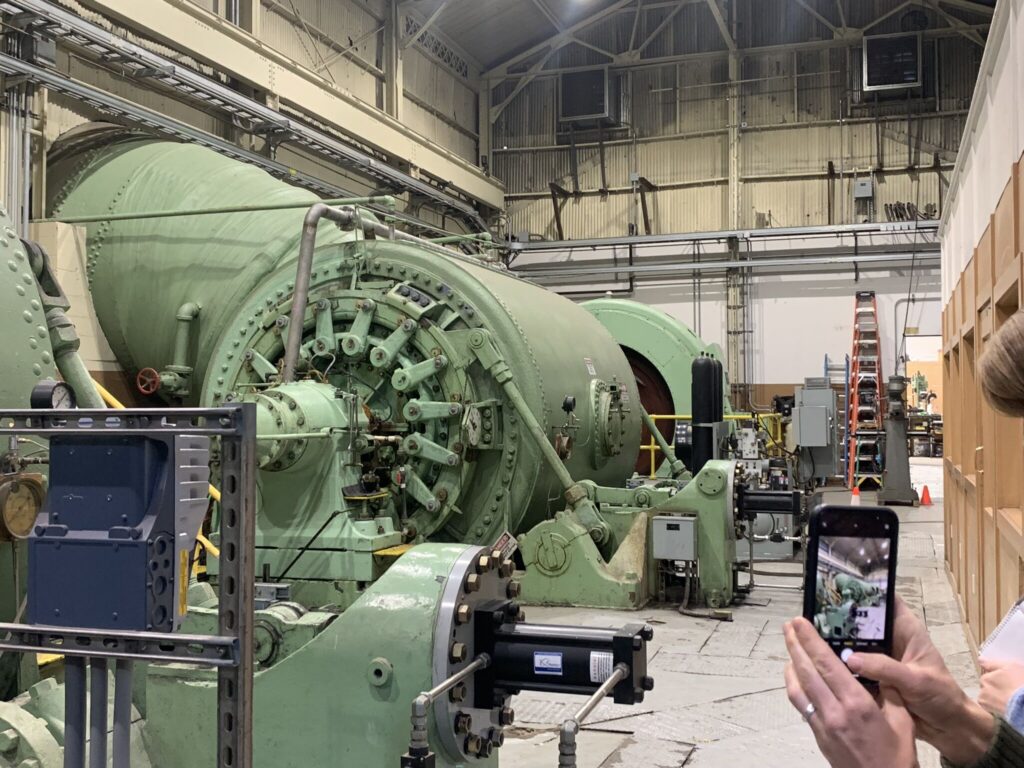Illegal immigration ‘tornado’ in Denver threatens to overshadow mayor’s 2024 goals

Denver Mayor Mike Johnston on Monday unveiled his priorities for this year, even as his administration struggles to cope with an illegal immigration crisis that he earlier said could put a $180 million hole in the city’s budget.
The arrival of nearly 40,000 immigrants, who traveled to Denver after illegally crossing America’s southern border, has already cost the city $58 million, the bulk of which has been shouldered by residents.
The crisis threatens to overshadow the mayor’s efforts to solve Denver’s biggest challenges, notably homelessness, the lack of affordable housing and crime, though Johnston suggested it won’t detract him from his focus on delivering his campaign promise to build a “vibrant, affordable and safe” city.
“That financial reality is still the same,” Johnston said of his $180 million cost estimate, noting he has had extensive conversations with his agency heads about the challenge.
“We are still working on both avenues — both to look at ways we can reduce budgets to meet this gap and look at ways we can reduce cost,” he said, adding he would be announcing more on the subject later this week.
“We also think in the middle of a tornado is the most important time to have a clear sense of where you’re going, and how you plan to get there, and so this is a very significant, very real problem we are managing,” Johnston said.
The mayor indicated the illegal immigration crisis will not handicap his administration’s other priorities.
“There are also other top priorities the city has, and departments have, that we need to stay focused on,” Johnston said. “We’re working with these teams on being able to both manage those budget cuts and stay laser focused on what they want to accomplish and what we want to accomplish.”
The immigration-related budget cuts have so far played out at the city’s Department of Motor Vehicles and Parks and Recreation facilities. Specifically, the city will reduce DMV hours and eliminate in-person vehicle registration renewals. Starting March 4, those will need to be done through the mail, online at mydmv.colorado.gov or at kiosks in grocery stores around the city.
Denver’s five DMV locations will also have weekly closures on a rotating basis every four weeks.
The Department of Parks & Recreation, meanwhile, will reduce operating days starting on Feb. 20 from seven to six days weekly, according to the mayor’s office. While neighborhood centers will remain open six days a week, their operating hours will be reduced. The city will also pause new permit applications for public events, special occasions and tournaments.
Of the $58 million that Denver spent on its immigration response, about $46 million happened in 2023, said Jon Ewing, a spokesperson for Denver Human Services. This means that city officials already spent about $11 million this year on the immigration crisis. The city spent roughly $1.1 million in 2022.
The mayor acknowledged that the services to feed, house and transport immigrants has been “expensive.”
As of Monday, Denver has served 38,861 immigrants, while the city currently shelters more than 2,400, according to the city’s immigration dashboard.
Denver’s pressing issues are solvable, Johnston insisted on Monday.
When he took office in July, Johnston vowed to get 1,000 homeless people off the city’s streets by the end of last year. The city moved 1,135 people into temporary shelters before 2023 ended.
For 2024, Johnston wants to move a total of 2,000 people into shelters, calling the campaign “All in Mile High.”
Johnston said he wants to “get all of our residents who are unsheltered outdoors indoors.”
As of Monday, his administration has housed 1,283 people, according to the city’s homeless housing dashboard.
The campaign has come at a large cost to city residents.
Last year, the city spent $45 million to acquire housing units and pay for services. This year, Johnston expects to spend another $50 million.
“We want to get everybody inside and (All Mile High) also connotes that we want the entire city to be all in this effort,” Johnston said. “It is not one department or one government alone, it is a collaborative community partnership.”
On housing, Johnston vowed to provide 3,000 affordable units for low-income residents across Denver. He described the campaign as “expanding affordability to all working families across the state.”
In addition, Johnston wants to reduce “violent gun crime” by 20%.
“A lot of the policies and practices that I think we’ve been pioneering are part of what gives us the hope that there’s a real path to do this,” Johnston said.
Denver’s 2024 budget includes $8.2 million to hire 167 new police officers in 2024.
To accomplish his goal, Johnston said the city is focusing on criminal “hot spots” around the city.
Additionally, Johnston looks to move 200 inmates struggling with addiction or mental health out of custody and into treatment.
“We think this is a critical moment for us to, even in the midst of challenges, get really clear about what our top priorities are and build teams and structures necessary to deliver on it,” the mayor said.
Denver Gazette reporter Nicole C. Brambila contributed to this report.



